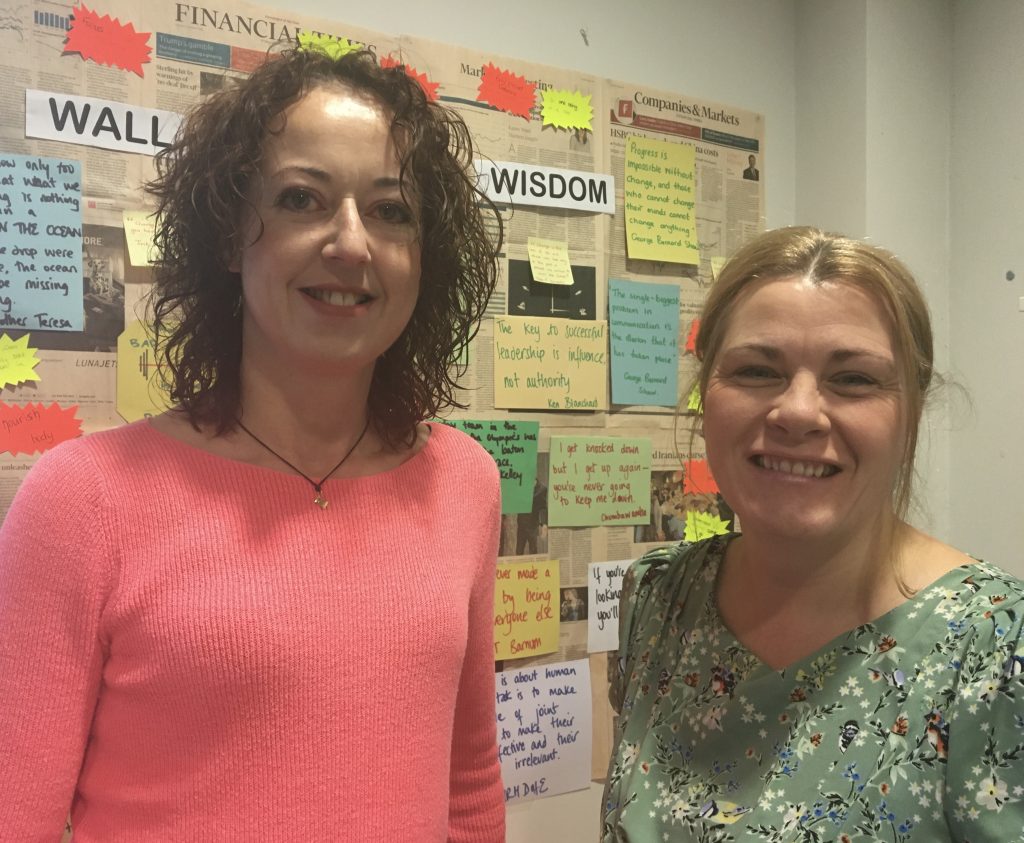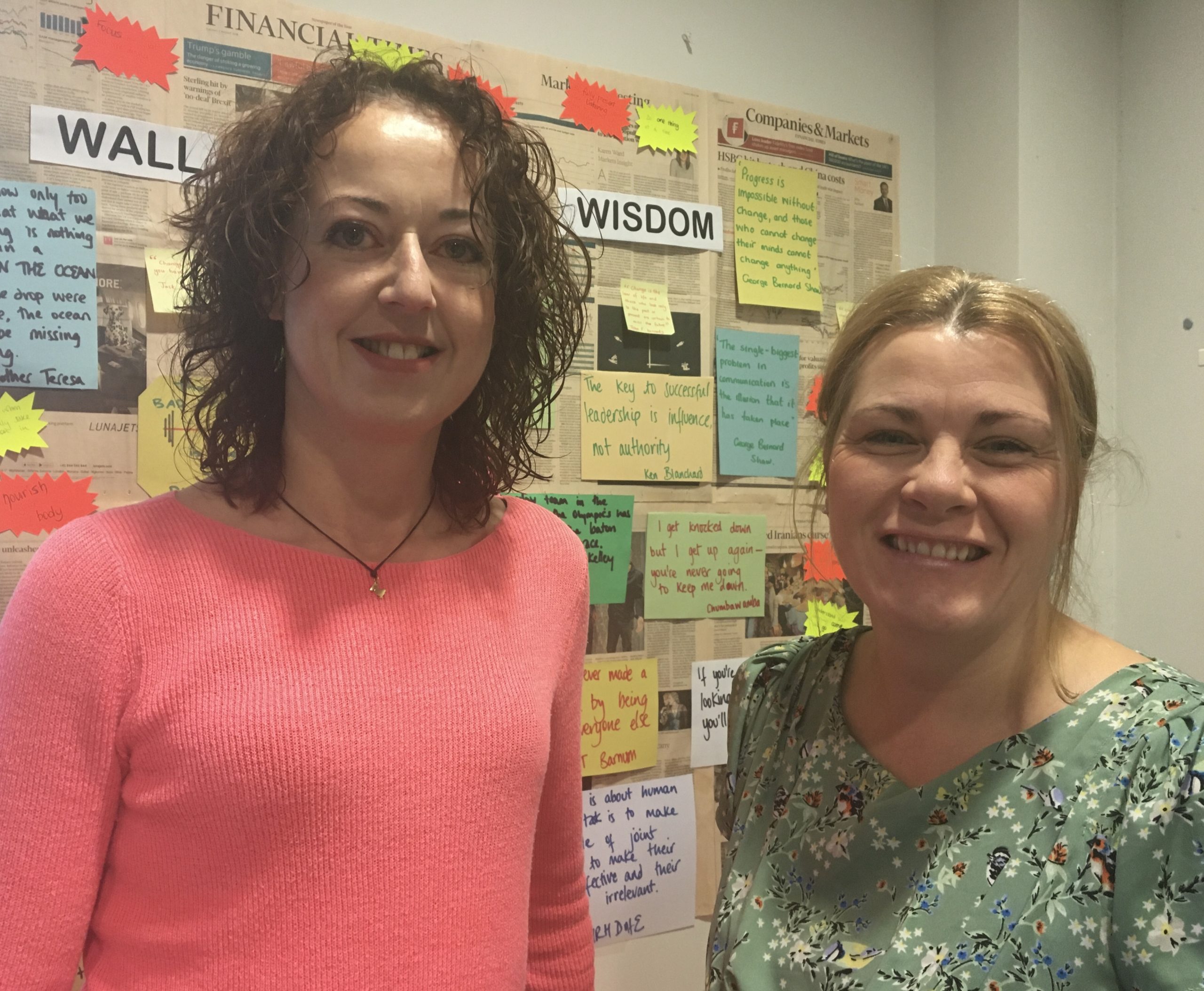The vast majority of people who work in health and social care come to work every day to make a difference in the lives of the people they care for. They aim to do so by providing the very best care they can within highly complex healthcare systems and in the presence of financial and demand pressures. Keeping patients safe in our healthcare systems is a huge priority; but, sometimes things will and do go wrong.
There is a significant body of evidence that demonstrates healthcare employees can experience poor wellbeing if they have been involved when something goes wrong – this is often overlooked. Whilst maintaining that the patient and their family are the primary victim in any patient safety incident, healthcare employees can be left lacking in confidence, unable to perform their jobs, requiring time off, or leaving their profession. At the recent Improving Patient Safety (IMPSAF) 2019 conference, Mike Devlin, Head of Professional Standards and Liaison, from the Medical Defence Union demonstrated how single patient safety incidents can lead to a myriad of medico-legal consequences for the employee. The standard response within NHS organisations is to follow a process or defined response to a single adverse incident; they are not sighted on the stress caused to individuals by the aggregation of several connected (yet often imperceptible) incidents. A challenge in the current thinking and a change in mind-set are needed if the NHS is to be a safer place for everyone involved. NHS organisations need to create the right conditions to help people work safely by truly understanding what work in healthcare is like and not what it is imagined to be (Hollnagel 2013). The bottom line needs to be a focus on learning rather than blame.
Organisational culture is one of the key solutions. A just and learning culture is the balance of fairness, justice, learning and taking responsibility for actions. It is not about blame but it is also not about an absence of responsibility and accountability (NHS Resolution 2019). The Yorkshire and Humber Improvement Academy ‘Just Culture’ Network is supporting the region’s NHS organisations to improve their patient safety culture. The Network advocates for an evidence-based approach to managing patient safety incidents in a way that supports healthcare employees and enables both learning and action to improve healthcare systems. For example, all actions should be understood before being judged and those involved should be supported to learn from their actions. Furthermore, those involved should be asked for their advice and help to design the systems that could help change things for the better (NHS Resolution 2019); as should the patient and/or their family/carers (https://yhpstrc.org/wp-content/uploads/2019/10/PFI-SII-Summary-Research-Plan-1st-October-2019.pdf) . The benefits of a just and learning culture within the NHS will have a significant and positive impact on patients and their families. For example, there is emerging data from organisations adopting this type of approach which shows a reduction in sickness absence, a reduction in the commissioning of disciplinary investigations and an increase in staff engagement: Mersey care just and learning culture video.
The ‘Just Culture’ Network aims to:
- Develop understanding of the impact of culture on patient safety
- Facilitate effective dissemination of research, good practice and thought leadership related to how healthcare organisations support employees involved in patient safety incidents
- Assist organisational leaders and managers to better understand what they could do differently to better support employees involved in patient safety incidents
- Create a safe space for network members to openly discuss issues
- Generate learning and action to improve local systems, drawing on insights, expertise and shared learning from fellow members
- Identify opportunities and facilitate partnership working within and across organisations to overcome issues at an organisational and system level.


Along with colleagues from the Y&H Patient Safety Translational Research Centre, we are engaging with patients, NHS employees and representatives from each of the UK Medical Royal Colleges to explore the concept of ‘second victims’ and to raise awareness of the work we are undertaking to improve support for NHS employees. If you have thoughts you would like to share on this matter please get in touch with Frankie Hill.
The next network event took place on 28th November 2019 in Leeds. Contact Sarah De Biase or Frankie Hill for more information at: Academy@yhia.nhs.uk
References
Picker 2018 The risks to care quality and staff wellbeing of an NHS system under pressure.
NHS Resolution 2019 Being fair: Supporting a just and learning culture for staff and patients following incidents in the NHS.
Hollnagel, E 2013 Is Safety a subject for science? Safety Science http://dx.doi. org/10.1016/j.ssci.2014.07.025
Other tools to support a more just and learning culture in the NHS:
- ‘Second victim’ is the term used to refer to healthcare employees who are impacted by patient safety incidents. The Second Victim website brings together the research which highlights the issues second victims face, into one place. The interventions and best practice examples when used can help alleviate the impact on second victims.
- The IA uses a validated tool developed by University of Texas to measure teamwork and safety culture. The 28 question validated questionnaire is both a diagnostic and an intervention to improve culture and has now been adapted for use in many different healthcare settings.
- There is an emerging consensus that advancing the implementation of Improvement Academy – Human Factors Training across the healthcare workforce may have a large impact on reducing harm.
- The Yorkshire Contributory Factors Framework is the first evidence based framework of accident causation in hospitals aimed at optimising learning and addressing causes of patient safety incidents. The framework has been adapted to create a version that is suitable to use in primary care and mental health care environments.
- IA The Yorkshire Patient Experience Toolkit (PET) includes tools and resources to support volunteers to collect additional feedback direct from patients and helping staff to understand the types of responses required for different issues raised using patient experience at the frontline which is about people, not complex data or written questionnaires.
